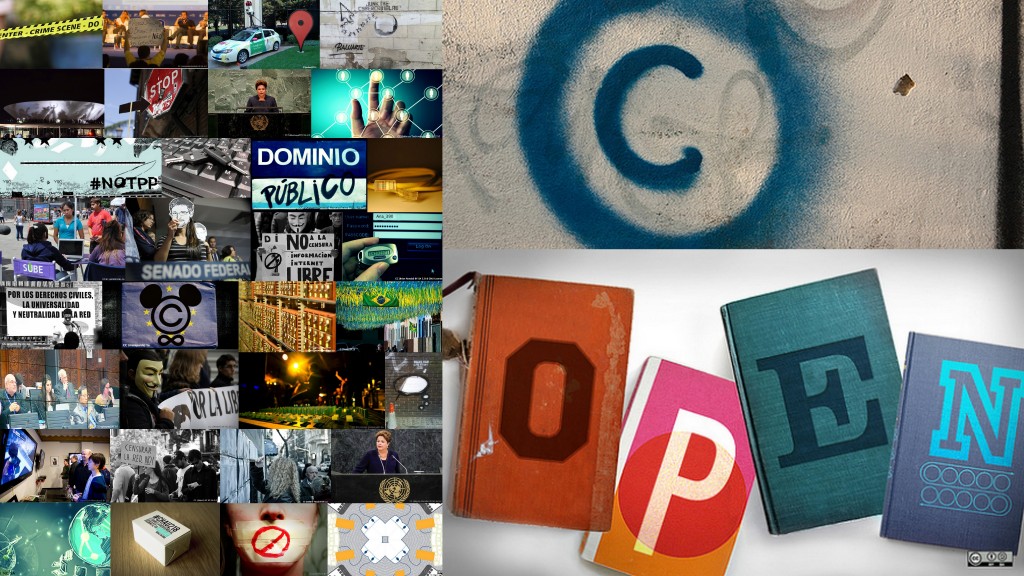[2013 Assessment] Copyright in Argentina
by Digital Rights LAC on January 28, 2014
At Digital Rights LAC we wanted to ask different specialists in the region about their personal appraisals on digital rights issues. This is the case of Beatriz Busaniche from Argentina. We asked her about how the law has evolved with regard to copyright issues on the Internet in 2013. Here is her reply.
The debate on copyright is open all over the world and Argentina is not an exception, even though the country’s direction on public policy is difficult to predict.
To round up a year riddled with human rights related news and new technologies, it can be said that 2013 was a key moment for consolidating the discussion on copyright in the country, in circumstances where a project that would make public policy more flexible in this area is not just desirable, but possible.
The public debate on the topic is open, particularly because of a variety of judicialized cases that have sparked interest among the general public and the press. The “Taringa!” case is probably the most famous one, because of the attack of the book industry against one of the most popular Spanish-language sites, which could settle the unresolved situation on the scope of the responsibility of intermediaries in the infringement of copyright laws, committed by users.
The other key event of 2013 was the verdict in the case of Pampa Films against Youtube, which not only acquitted Google as an intermediary, but went on to establish an important principle enshrined in jurisprudential matters. It concluded that users who upload full movies onto video platforms do not commit a criminal offense because such behavior is not comparable to the crime of fraud, as stipulated by copyright law.
Organizations like Vía Libre Foundation have taken the initiative to open a sustained public debate on the need to design a public copyright policy that is faithful to constitutional principles, which is socially just and fulfills the aim of promoting art, science and culture, appropriately for intellectual property, also by furthering and respecting the human right of accessing and participating in cultural activities.
Several debates and discussions with some of the key players of the country’s cultural sector have led to the conclusion that the need to change the copyright law is undeniable. Even sectors with close ties to industry, along with representatives of collective management have recognized the need to modify and update the law in Argentina. The search for consensus among multiple stakeholders and the creation of superseding projects are still pending but could perfectly be set as goals for 2014.






